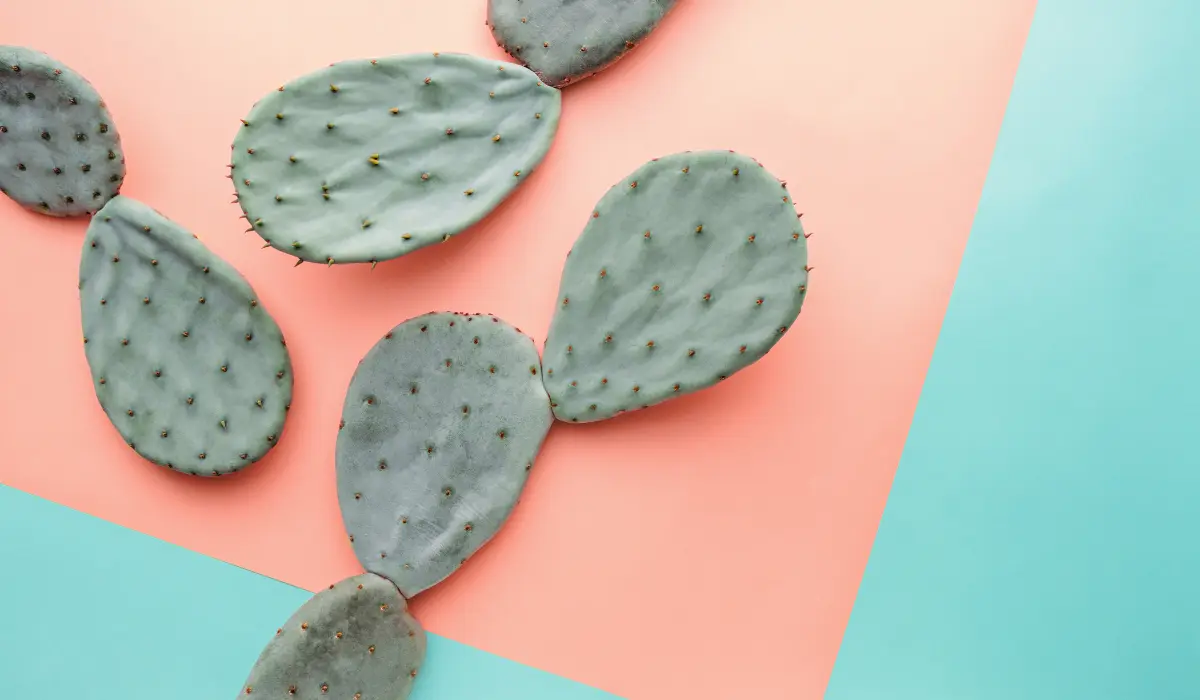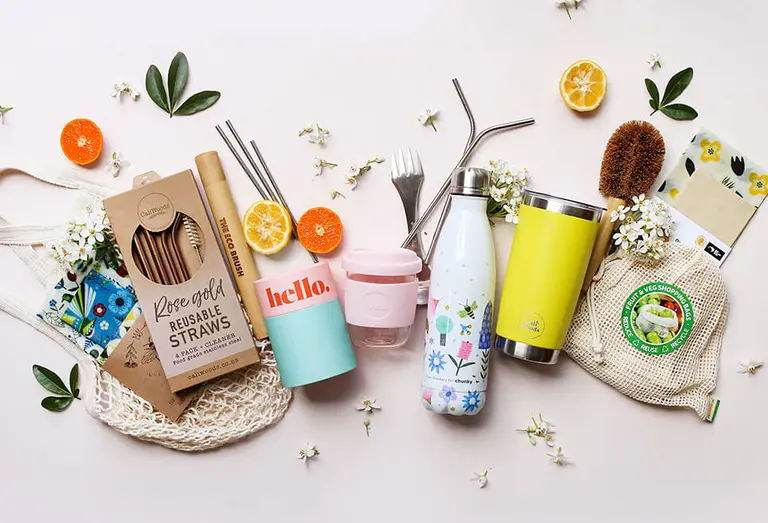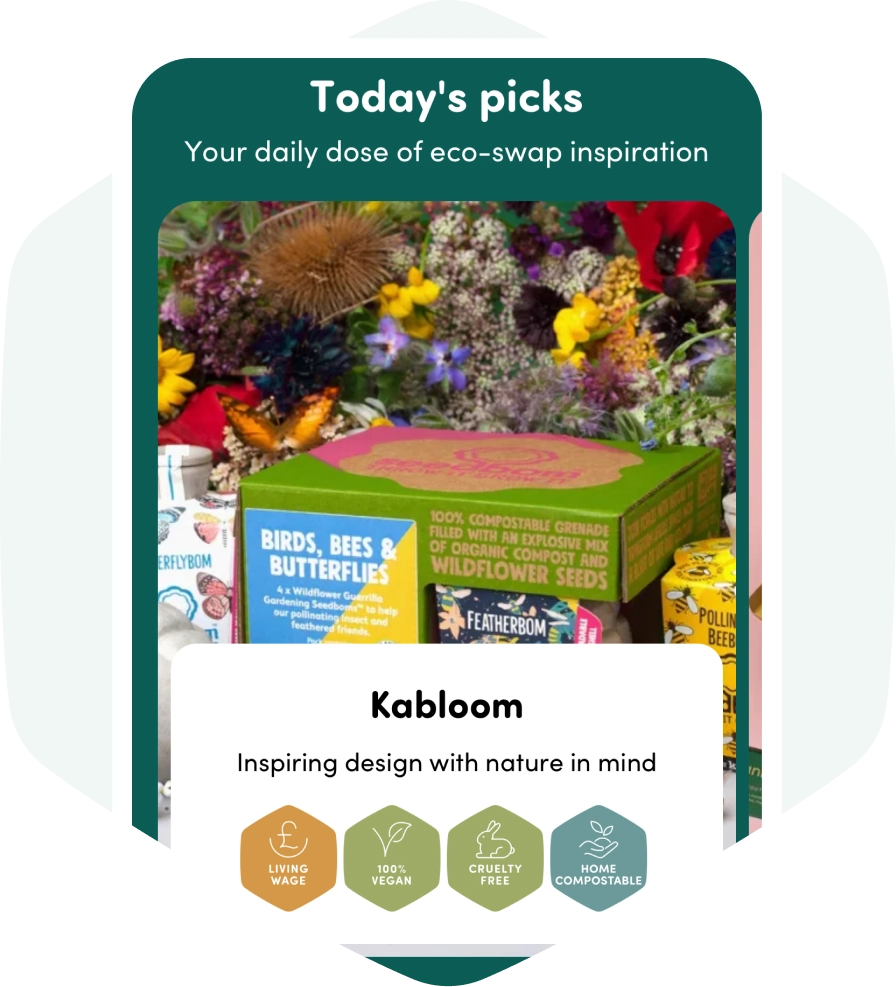It’s January, which means hundreds of thousands of people around the world are currently taking part in the Veganuary challenge, an annual event that encourages people to go vegan for the first month of the year. Learn more about Veganuary and its benefits here.
Most people associate veganism with food and creating a diet that’s free from animal-based products – and this is easier than ever before thanks to the increasing range of tasty plant-based products on the market. But the movement extends beyond what we eat, with vegan principles driving awesome innovations in areas such as fashion, packaging and beauty, for even bigger ethical and environmental wins for the planet. Here are some of our favourite vegan inventions.
1. Compostable leather
Leather is a no-no for many vegans, since it’s made from animal hide. For a long time the only real alternative that could offer the same material benefits was plastic, which obviously presents its own environmental problems. As such, researchers have been busy working on genuinely green leather alternatives and the market is now booming, from leather made from recycled coffee, to leather made from mushroom mycelium. One start-up in India, Malai, is even working on a compostable vegan leather made from the bacterial cellulose found in discarded coconut water.

Copyright: Malai Instagram
2. Planet positive packaging
Needless plastic packaging is one of the biggest challenges of our time, but many pioneering manufacturers are drawing on plant-based inspiration to create alternatives that not only leave no trace, but actively benefit the planet, too. Scottish company Oceanium, for example, is developing marine-safe, home compostable bio-packaging made from sustainably-farmed seaweed. As well as mitigating the problem of plastic pollution, the seaweed farming required to produce this material does not require cleared land or pesticides to grow, and actually acts as a carbon sink, sequestering carbon dioxide and nitrogen from the ocean.
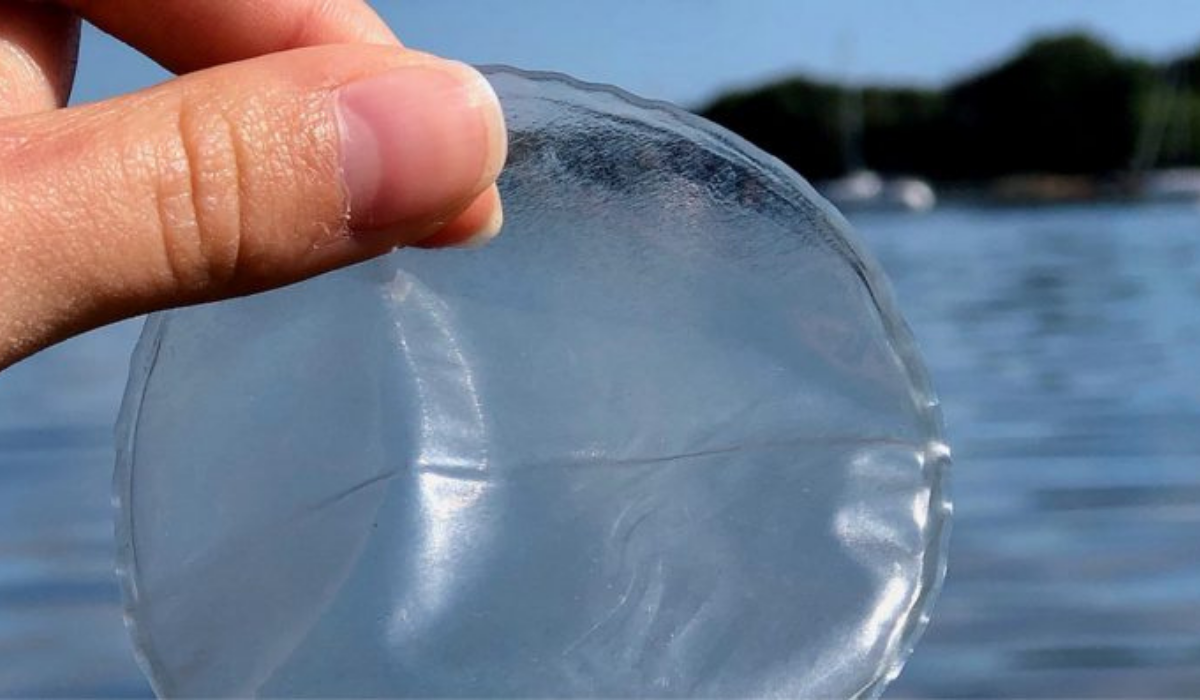
Image copyright: Oceanium
3. Vegan ink
Inks and dyes are everywhere, from beauty products and packaging, to clothing and homeware. Many of these inks include bone char, glycerine from animal fat, gelatine from hooves or shellac from beetles – including tattoo ink. However, researchers looking for alternatives to these kinds of inks have helped to create a burgeoning market that does away with another eco-offender: plastic, which is common in many styles of ink and causes a raft of environmental issues, from high energy consumption during production, to pollution in their use and disposal.

Vegan cactus leather and dye interiors by Mexican based innovator Desserto.
4. Down alternatives
Winter jackets and cold-season duvets stuffed with goose and duck feathers were once viewed as the height of luxury, but as much of the world’s down is plucked from live, conscious birds it’s quickly fallen out of favour with more ethically-minded consumers. Synthetic materials are the obvious alternative, but again this presents challenges with plastic waste, so companies are looking at altogether more leftfield ways of approaching the problem. Clothing company Pangaia, for example, has created a ‘flower down’, made from fibrous wildflowers mixed with a biopolymer made from vegetable waste, while Organic Textiles has created warm and cosy down alternative made from recycled plastic water bottles.
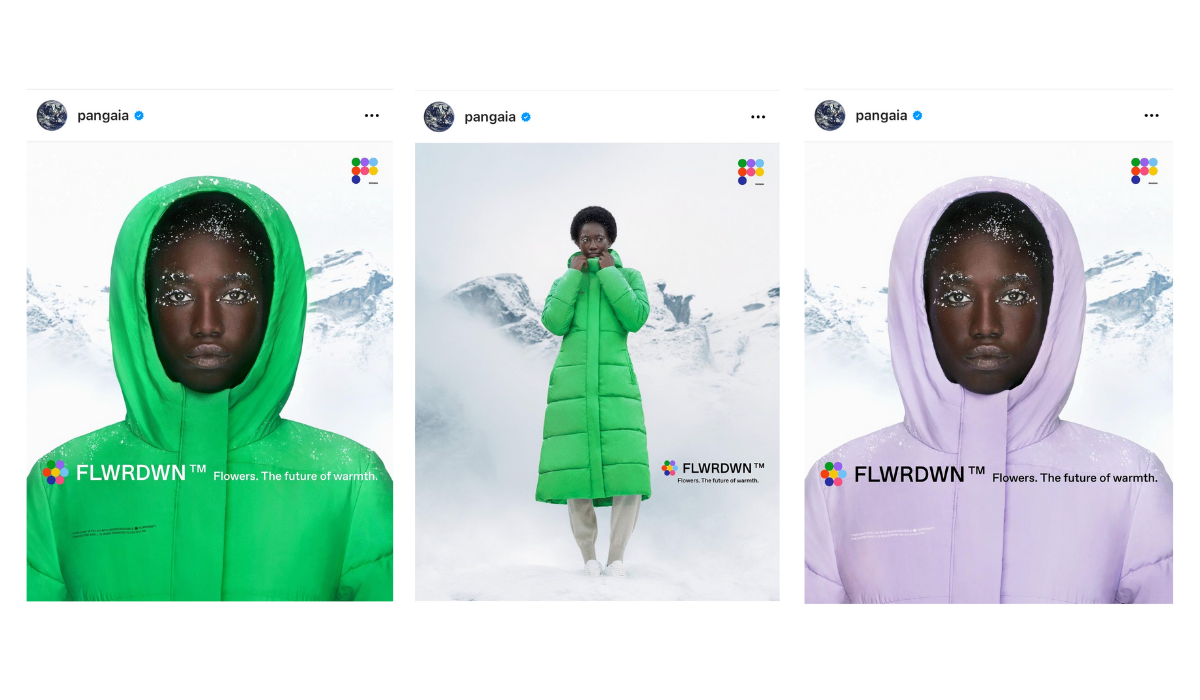
Image credit: Pangaia Instagram
5. Kinder condoms
Condoms are essentially just plastic, so you might be surprised to learn that they’re not always vegan friendly. Many brands are made using casein, a protein in cow’s milk which is used in the lubricant in which condoms are coated. However, there’s a good range of vegan-friendly condom brands on the market, such as Glyde, EXS and Pasante, many of which use sustainably-sourced latex for their ranges. Users often report that vegan condoms feel nicer than standard condoms, have a more neutral smell, and also tend to produce fewer allergies, making them a great choice for people with sensitive skin as well as those thinking about animal ethics.
You may also like...
Sign up for our newsletter
Get the latest sustainability news delivered directly to your inbox.
